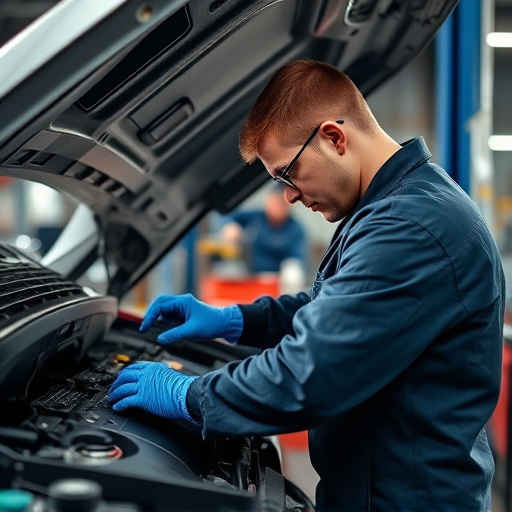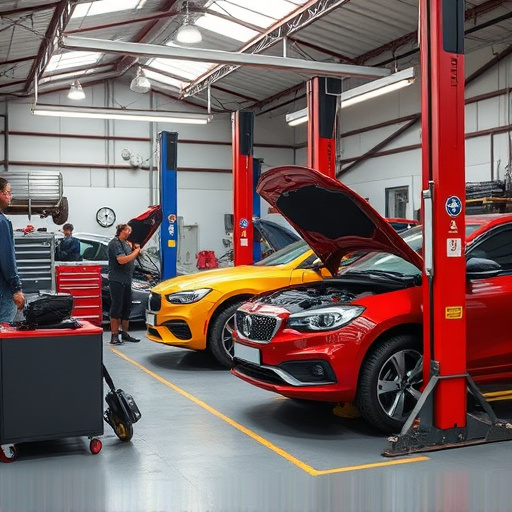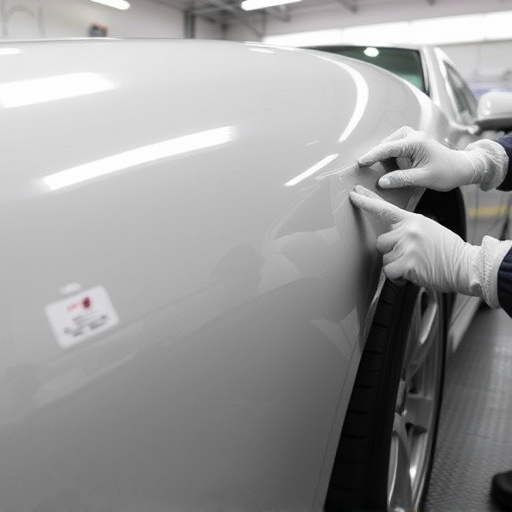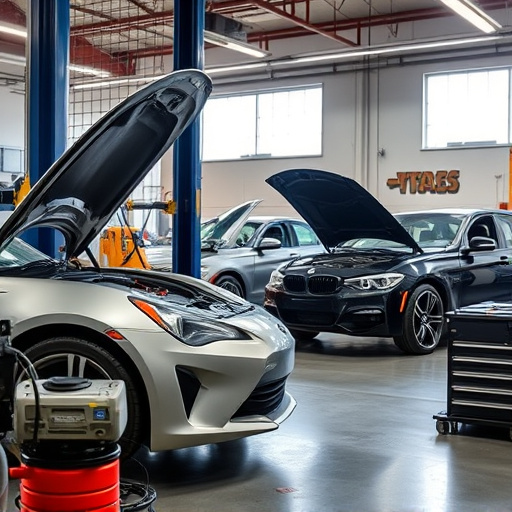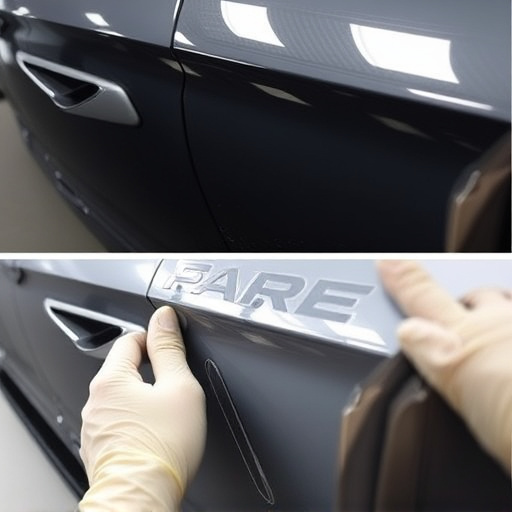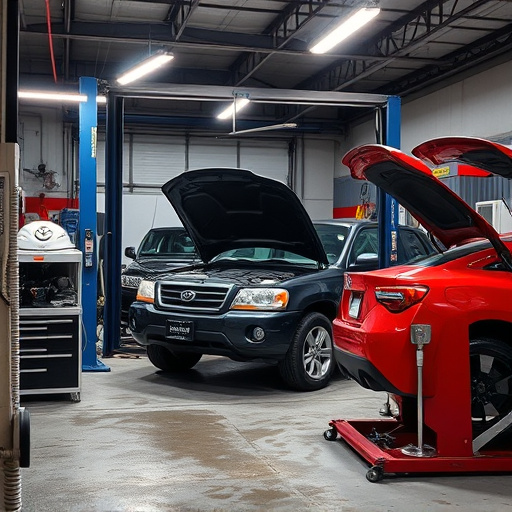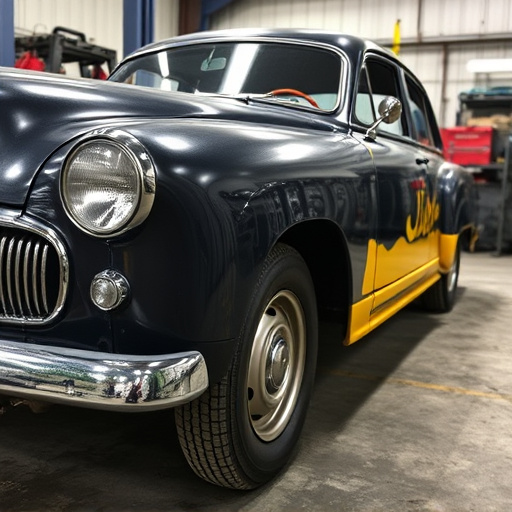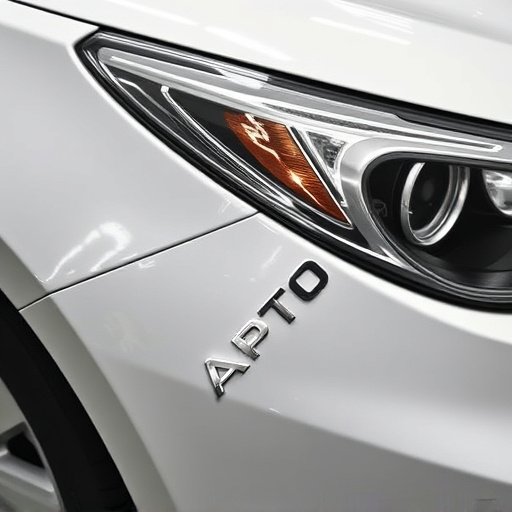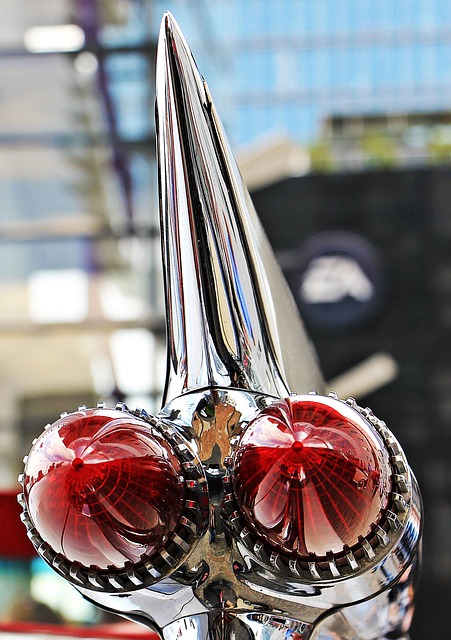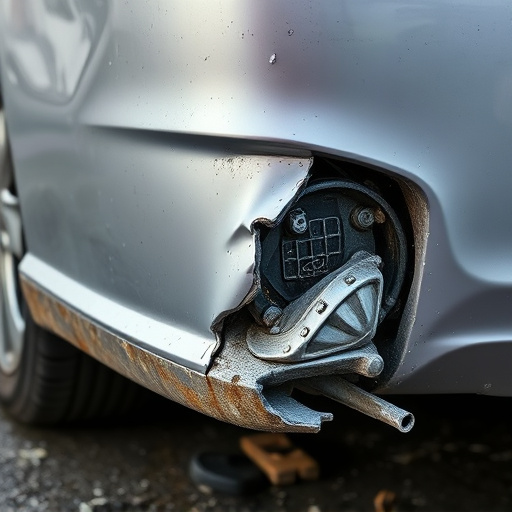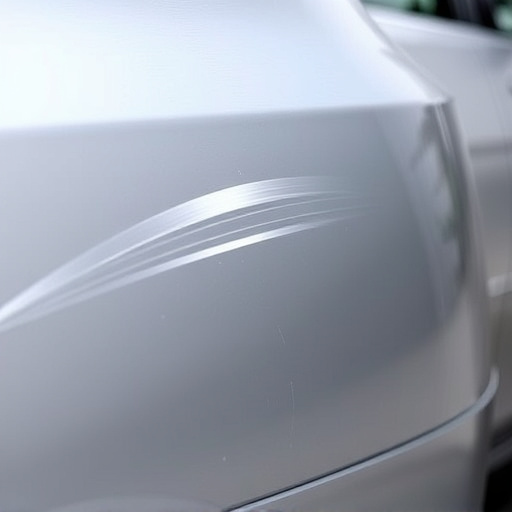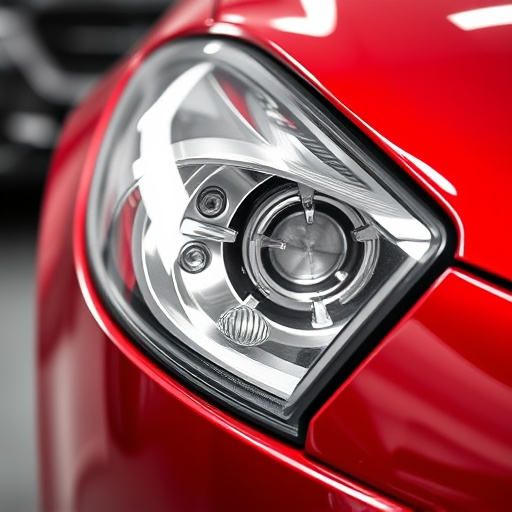Automotive engineers shift towards carbon fiber components for enhanced performance and fuel efficiency, driven by environmental regulations and consumer demand. Carbon fiber's rigidity, durability, and low density make it suitable for high-performance sports cars and luxury vehicles, with both original equipment manufacturers (OEMs) and specialized body shops integrating these parts. Selecting reliable aluminum body component suppliers is crucial for high-quality automotive applications, focusing on experts offering advanced manufacturing methods and precise tolerances. While carbon fiber offers lightweight durability, aluminum remains affordable, corrosion-resistant, and recyclable, as seen in Mercedes Benz repairs, with established manufacturers providing reliable, standardized parts.
In today’s quest for lightweight, durable vehicles, aluminum body components are becoming a staple. However, sourcing high-quality parts can be challenging. This article guides you through the process of acquiring top-tier aluminum body components, starting with exploring carbon fiber alternatives for added lightness. We’ll then pinpoint reputable suppliers specializing in aluminum castings and delve into assessing quality and reliability in manufacturing. By following these steps, you can ensure your vehicle’s structural integrity while enhancing performance.
- Explore Carbon Fiber Alternatives for Lightweight Design
- Identify Reputable Suppliers for Aluminum Castings
- Assess Quality and Reliability in Aluminum Body Manufacturing
Explore Carbon Fiber Alternatives for Lightweight Design
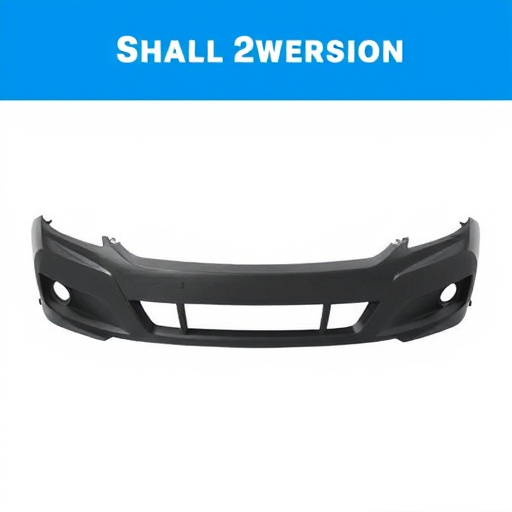
In the pursuit of high-performance and fuel-efficient vehicles, automotive engineers are constantly exploring innovative materials to reduce weight without compromising strength. One such alternative gaining traction is carbon fiber—a lightweight material that offers exceptional rigidity and durability. While aluminum has long been the go-to choice for many automotive body shops and vehicle collision repairs, carbon fiber components present a compelling option for specific applications. Its low density and superior mechanical properties make it an ideal candidate for modern vehicle design, especially in high-performance sports cars and luxury vehicles.
By integrating carbon fiber components into their manufacturing processes, auto manufacturers can achieve lighter weight, resulting in improved fuel efficiency and enhanced handling dynamics. This shift towards lightweight materials is not just a trend but a necessity to meet stringent environmental regulations and evolving consumer expectations. As such, both original equipment manufacturers (OEMs) and specialized car body shops are recognizing the benefits of carbon fiber, ensuring a more sustainable future for the automotive industry.
Identify Reputable Suppliers for Aluminum Castings
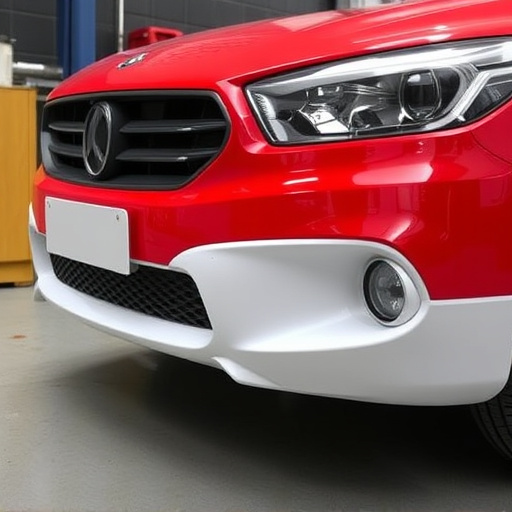
When sourcing high-quality aluminum body components, particularly for automotive applications, identifying reputable suppliers is paramount. Look for companies that specialize in aluminum castings, as they offer a wealth of expertise and access to advanced manufacturing techniques. Reputable suppliers ensure consistent quality, precise tolerances, and innovative designs, aligning perfectly with the modern demand for lightweight and durable car bodywork services.
Focus on suppliers who not only produce aluminum parts but also have a strong reputation in the industry, especially those serving the vehicle body shop and collision repair shop sectors. These established players often boast extensive experience, enabling them to cater to specific requirements and deliver components that enhance structural integrity without compromising aesthetics.
Assess Quality and Reliability in Aluminum Body Manufacturing

When sourcing aluminum body components for your project or business, assessing quality and reliability is paramount to ensure structural integrity and long-lasting performance. Look beyond the initial allure of low prices; focus on understanding the manufacturing processes and materials used by potential suppliers. Reputable manufacturers adhere to stringent industry standards and employ advanced techniques like precision casting and computer-aided design (CAD) for accurate, consistent results.
Among the options available, comparing aluminum body components with carbon fiber alternatives is crucial. While carbon fiber offers exceptional strength-to-weight ratios, aluminum remains a top choice for its affordability, corrosion resistance, and ease of recycling. For instance, a Mercedes Benz repair shop seeking high-quality autobody repairs might find that well-established manufacturers specializing in aluminum body panels can provide both reliability and the precision needed to meet exacting automotive standards.
When sourcing high-quality aluminum body components, exploring lightweight alternatives like carbon fiber, identifying reputable suppliers for castings, and meticulously assessing manufacturing quality are essential steps. By combining these strategies, automotive designers can ensure they’re using top-tier materials and processes, ultimately leading to more durable, reliable, and efficient vehicles. Remember that the right choice of aluminum body components can make a significant difference in performance and sustainability.
